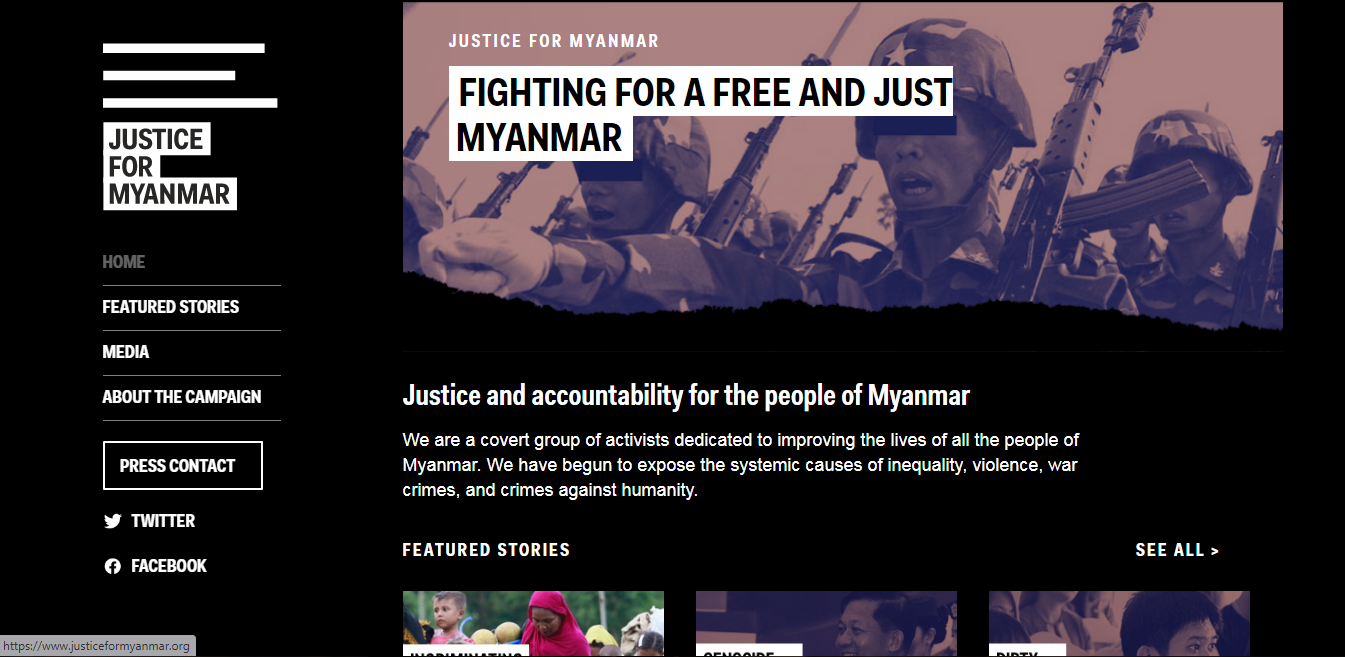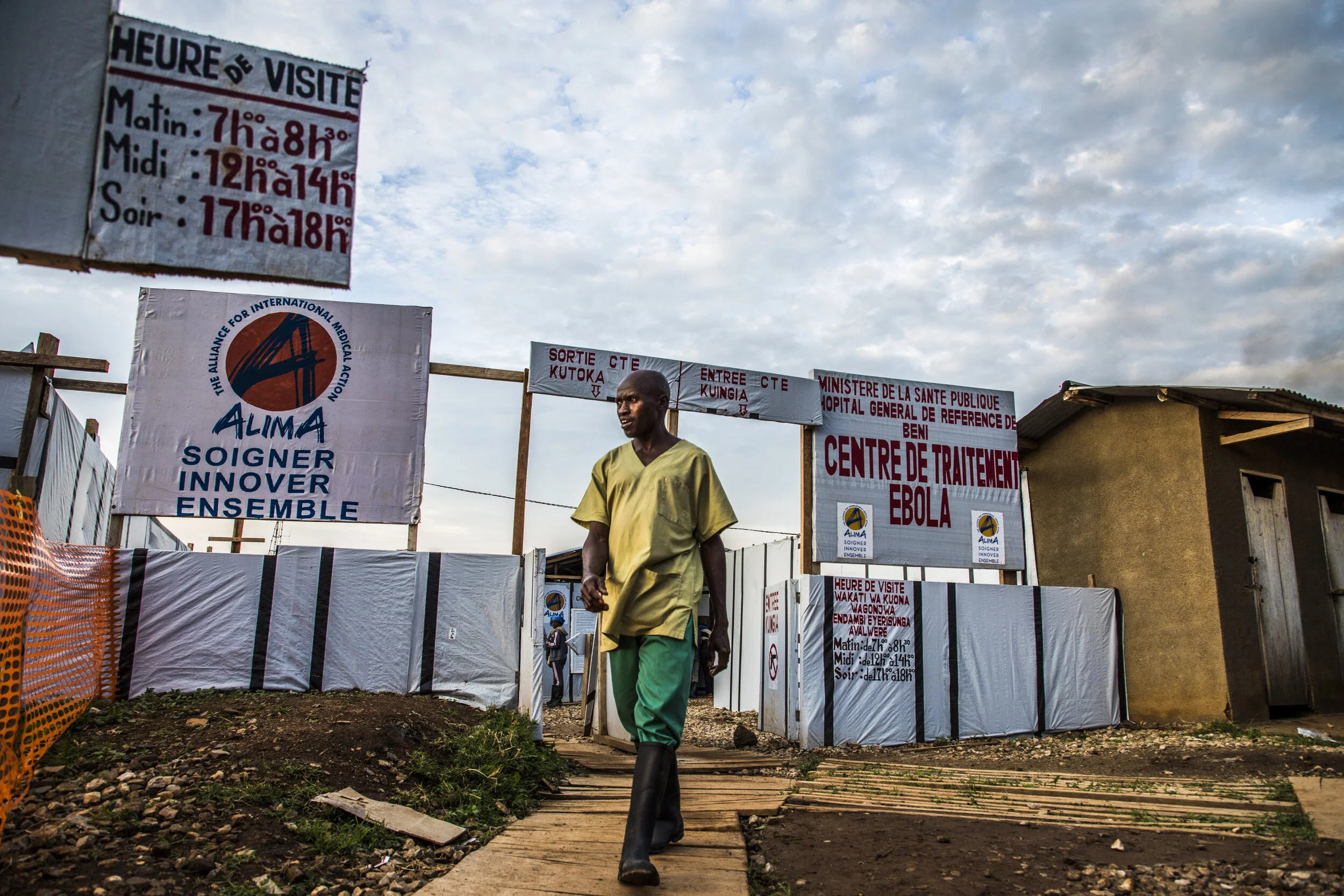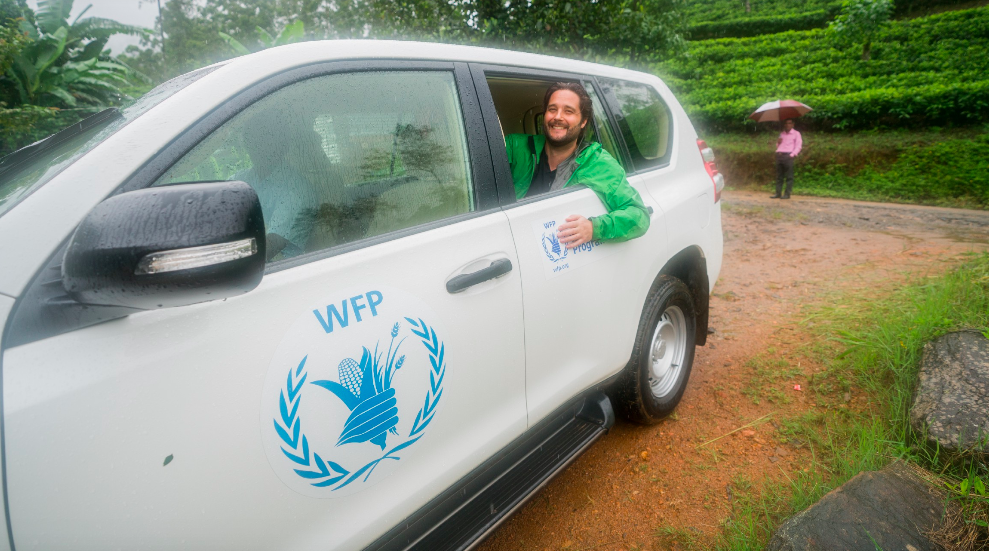At the beginning of March, independent rights expert Ahmed Shaheed addressed the United Nations Human Rights Council, underscoring the rise in anti-Muslim hate globally and urging member-states to take action immediately. Shaheed noted that in 2018 and 2019, four in 10 Europeans held a negative view of Muslims, and in 2017 30% of Americans held the same negative view.
But in the following weeks, Islamophobic legislation—laws which seek to discriminate against Muslims—were proposed or enacted in countries like France and Sri Lanka, showing just how widespread the situation remains.
France has a long-standing history of Islamophobia. The country, with a Muslim community of 4.4 million, or 8.8% of the country’s population, maintains the largest Muslim community of any Western nation. Over the past decade, the country banned the wearing of niqabs, veils which cover one’s face, in public, several coastal cities banned burkinis, a form of swimwear, and more recently, the French Senate voted to ban anyone under the age of 18 from wearing a hijab.
While protests have met each of these pieces of legislation, with the recently proposed hijab ban seeing demonstrators take to the streets around the country, Islamophobia has been disturbingly commonplace. The number of Islamophobic attacks in France increased by 53% in 2020.
Sri Lanka, a South Asian country whose Muslim community constitutes 9.7% of its population, has had a more recent problem with Islamophobia. While several one-off Islamophobic attacks took place throughout the 2010s, the government only recently began to write Islamophobia into law. In March, the country banned the wearing of the burqa and closed over 1,000 Islamic schools.
The United States is also no stranger to Islamophobia. Throughout the 2010s, states ranging from Arizona to Florida to South Dakota passed 22 anti-Muslim laws. At the federal level, the Trump administration authorized several Muslim travel bans and used Twitter to perpetuate an equivalency between Islam and terrorism.
While bigotry against any religion has existed since the beginning of religion itself, Islam has increasingly been the target of xenophobia globally due to the Sept. 11 attacks, the rise of the Islamic State group in the Middle East and other terror attacks in the West carried out by Islamic extremists.
Regardless of its origins, Islamophobia remains one of the most pressing social justice issues to address in the 21st century. As U.N. Secretary-General Antonio Guterres said in a March 2021 video commemorating the International Day to Combat Islamophobia: “We must continue to push for policies that fully respect human rights and religious, cultural and unique human identity … As the Holy Quran reminds us: nations and tribes were created to know one another.”
To Get Involved:
To raise awareness about the recently proposed French hijab ban, sign “Hijab Ban France,” a petition urging the French government to revoke the ban, by clicking here.
To find out about more opportunities globally and locally to get involved in the fight against Islamophobia, check out the Council on American-Islamic Relations and the European Network Against Racism, both organizations taking intersectional approaches to combat Islamophobia through legislative and social means.
Jacob Sutherland
Jacob is a recent graduate from the University of California San Diego where he majored in Political Science and minored in Spanish Language Studies. He previously served as the News Editor for The UCSD Guardian, and hopes to shed light on social justice issues in his work.







































